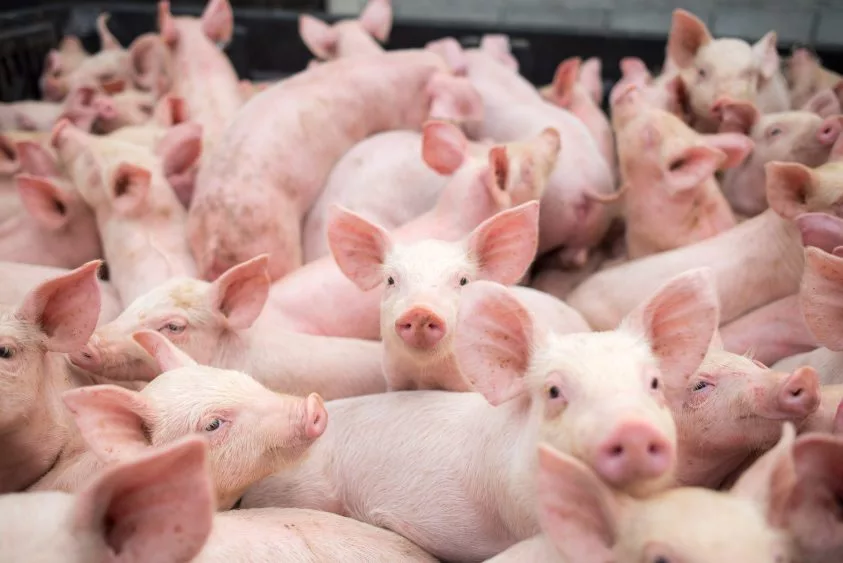To minimize damage and reduce the need for insecticide sprays, crops have been genetically engineered to produce bacterial proteins that kill key pests but are not harmful to people or wildlife. However, widespread planting of such transgenic crops has led to rapid adaptation by some pests.
Researchers from the University of Arizona used genomics to investigate the genetic changes causing resistance to transgenic crops in field populations of the corn earworm. The corn earworm is one the world’s most challenging pests in terms of its ability to quickly evolve resistance in the field to genetically engineered crops, says senior study author Bruce Tabashnik.
To analyze the genetic basis of field-evolved resistance of corn earworm, insects were sent for DNA extraction and sequencing to enable scanning the entire genome for genetic differences between the resistant and susceptible corn earworm caterpillars. The genomic analysis included 937 corn earworms from 17 sites in seven states across the southern U.S.




